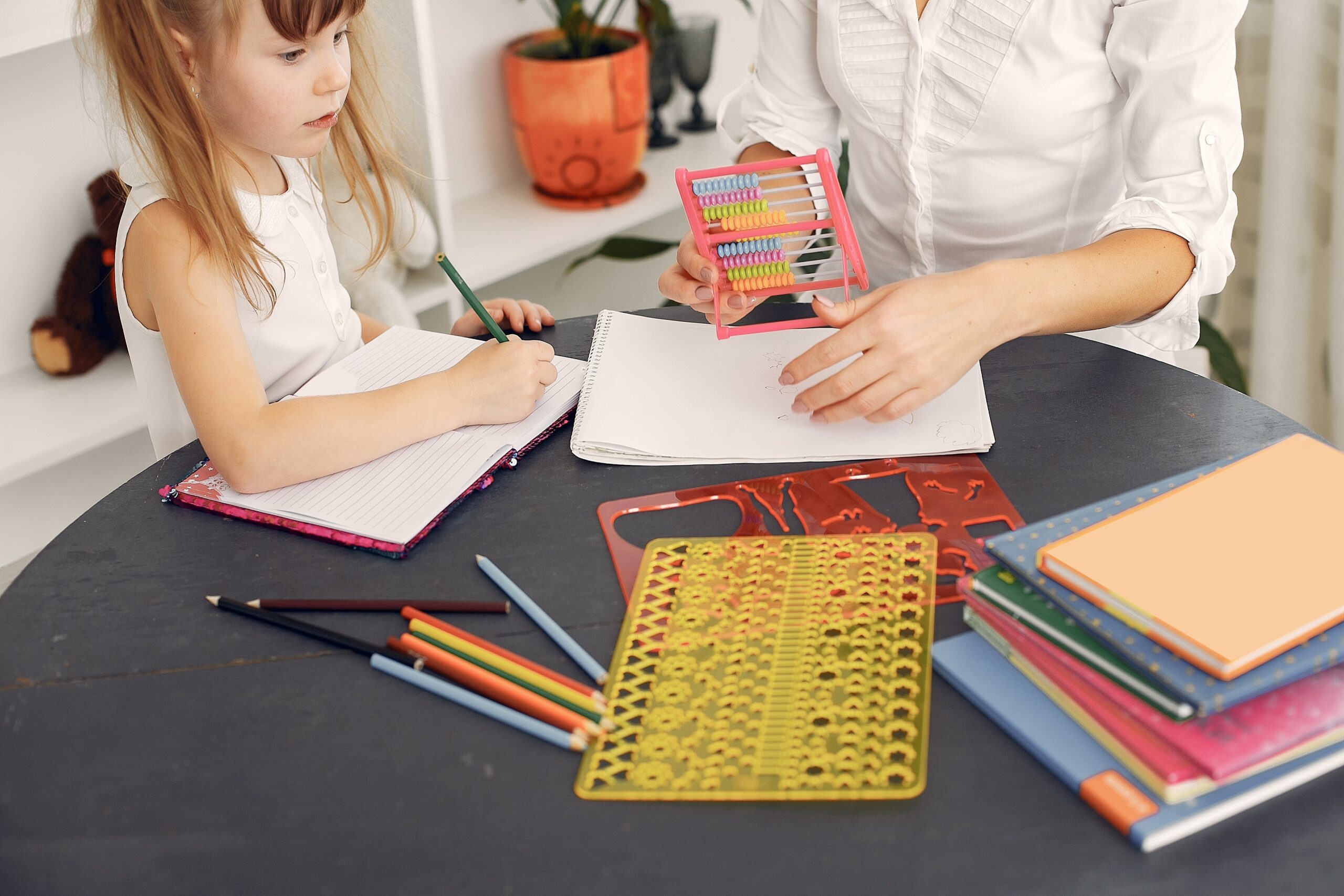Mathematics is a critical subject that plays an essential role in a child’s academic development. Unfortunately, many children often struggle with math and find it challenging and overwhelming.
In Ontario specifically, educators are consistently working to improve teaching methods, curriculum, and support systems to help students succeed and path the achievement gaps in Math & Literacy.
As parents or educators, it’s our responsibility to make math more enjoyable and engaging for elementary children. Here are some tips for making math fun for young learners:
Enhance Reading Skills: Math involves a significant amount of reading and interpreting text, such as word problems and math instructions. Good reading comprehension skills can help students understand the language and context of the math problems they are trying to solve.
Make Math a Game: Incorporating math games and puzzles into the learning process can make math more interactive and enjoyable for children. Games like “Math Bingo,” “Math War,” and “Mathopoly” can be fun ways to reinforce math concepts and improve math skills.
Use Manipulatives: Manipulatives such as blocks, counters, and shapes can help young children visualize and understand math concepts. Using physical objects can make math more tangible and exciting for young learners.
Integrate Technology: Interactive online games and math apps are excellent tools for making math fun and engaging for children. Websites like Math Playground and Cool Math Games offer a wide range of interactive math games that can help students develop math skills in a fun and exciting way.
Incorporate Real-World Examples: Making math relevant to the real world can help children understand the importance of math and make it more meaningful to them. Incorporating real-life examples such as measuring ingredients while cooking or calculating distances while traveling can make math more interesting and practical for young learners.
Use Visual Aids: Visual aids like diagrams, graphs, and charts can help children understand math concepts more easily. Using visual aids can make math more accessible to young learners and help them retain information more effectively.
Encourage Group Work: Working in groups can make math more social and interactive for children. Encouraging group work can help children learn from each other, share ideas, and work collaboratively to solve math problems.


Recent Comments